Former NCID and Inclusion Australia leader leaves a huge legacy for people with an intellectual disability
Vale Mark Pattison
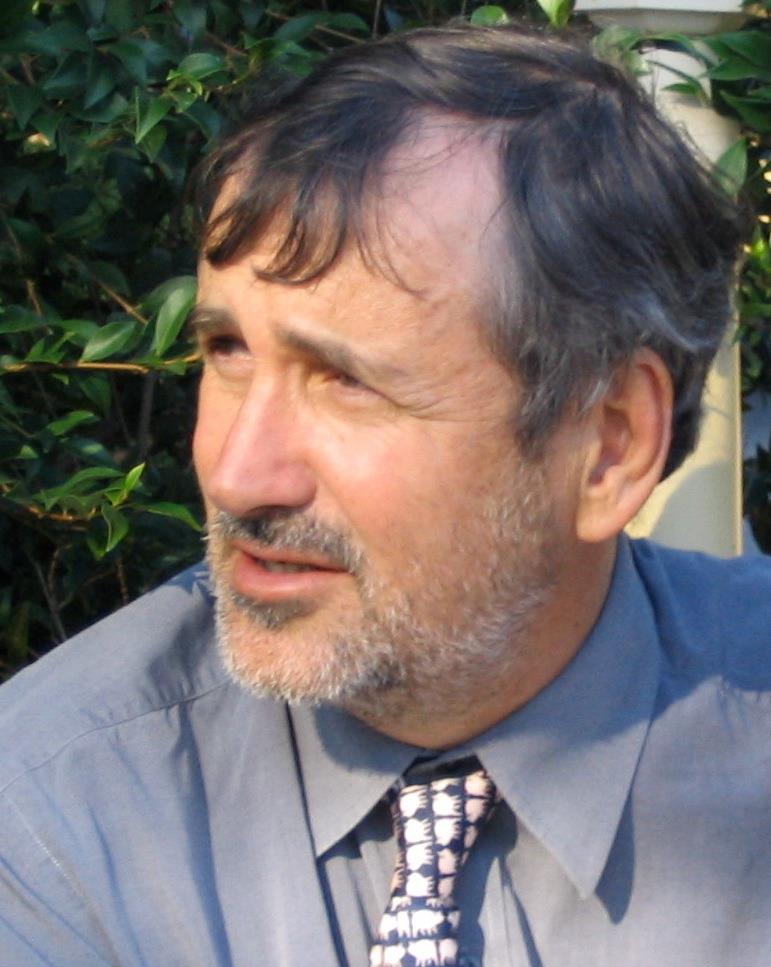 The entire Inclusion Australia family was sad to learn this week about the loss of our former leader, Mark Pattison. Mark passed away in November after a long battle with cancer.
The entire Inclusion Australia family was sad to learn this week about the loss of our former leader, Mark Pattison. Mark passed away in November after a long battle with cancer.
Mark was the Executive Director of the National Council on Intellectual Disability (NCID) for over 20 years. He led NCID through a revolutionary period, from a board that included service providers to a place that focussed on being a true voice for people with an intellectual disability and their families. Mark’s work set the scene for NCID to become Inclusion Australia in 2012.
Inclusion Australia CEO Catherine McAlpine said, “For many years, Mark Pattison was Inclusion Australia to a great many people across government and the disability community. Working closely with the late Paul Cain and our state members, Mark was instrumental in raising the bar on inclusion for people with an intellectual disability and challenging the systems that hold people back. Mark’s legacy can be seen in the changing attitudes to employment of people with an intellectual disability across Australia and the continued partnership and collaboration between us and our members.”
Kevin Stone, former CEO of VALID in Victoria who recently stepped down as Chair of Inclusion Australia said, “Under Mark’s leadership, the issues that we took up in the mid-nineties were the issues that were the most important to our community. Employment, unmet need for services, the closure of institutions, support for ageing parents.”
“We arranged rallies around the country along with major media campaigns to target government policies. Mark pulled it all together. He led the way and turned NCID from a passive organisation into a fist that hit hard on the big issues and was prepared to take on providers and government that were dropping the ball. He understood the power of systemic advocacy in influencing community attitudes and government policy, and he helped turn IA into a truly effective advocacy organisation.”
Together with his wife Helen, Mark lived out his values at home and at work. He had a deep personal connection to the lives of people with an intellectual disability, as shown through his own commitment to adopting children with disability into his own family.
One of Mark’s most important legacies was establishing the Our Voice Committee as a vital addition to NCID’s governance and decision making. Our Voice continues to this day as a way for people with an intellectual disability to shape and influence Inclusion Australia’s work.
Judy Huett from Speak Out in Tasmania worked with Mark as the Chair of Our Voice. Judy told us, “Mark was really supportive of people with an intellectual disability and the Our Voice Committee. He would support everyone on Our Voice in the big board meetings. He would not just let us have our say, he would make sure we had a say!”
Heather Forsyth from VALID in Victoria was also the Our Voice Chair. “I worked with Mark for over 15 years as part of Our Voice. He was a very good support to all the members.” Heather remembers, “He always encouraged people with disability to speak up and have a say about what they want. You could talk to him, but he was also a great listener to self-advocates. Mark was a great role model for all of us. Along with Paul Cain, he is a big loss to the disability field.”
Julie Butler from Speak Out described Mark as being someone who demanded a place for people with an intellectual disability at the table long before other people were thinking about it. “He had a quiet but extraordinary way of supporting people with an intellectual disability but also gently challenging people at the same time to help them grow and be even better.” She remembers a standing committee at Parliament House in Canberra. “Mark created an opportunity for Our Voice to go. They all did a presentation. Everyone was out of their comfort zone but at the end the whole room gave a standing ovation. Mark didn’t take any of the spotlight and let Our Voice shine. This was back in a time when there was there was very little representation at that level. Mark was a person who made that kind of thing happen.”
Current Inclusion Australia Board member, Jodi Wolthers, CEO of Parent 2 Parent who worked with Mark for many years said, “Mark was never shy of the important conversations. This included knowing when to stick your head out because it was the right thing to do. There was always a risk in speaking truth to power, or a government department that might take your funding away. I have no doubt he angered a lot of people, but he also earned a huge amount of respect from across the disability community.”
“Mark was a great friend to P2P, helping us make decisions about our future. He was a great sounding board, frequently saying, ‘Jodi, you already know the answer: put the needs of people with an intellectual disability first above all else.’ Mark challenged us to establish a self-advocacy group in Queensland. Without that challenge, Loud and Clear wouldn’t exist and be celebrating 8 years. On a personal note, I remember we worked with a young man with an intellectual disability who wanted to be a poet. Mark pulled strings so his poems went in a published magazine to tick that box and achieve that goal. These little but important things wouldn’t have happened if it wasn’t for Mark.”
On behalf of everyone at Inclusion Australia and our members around the country we send our love and thoughts to Helen, Rachael and Breanna and Mark’s friends.
We want to say a big thank you to Mark for everything you did for us and most importantly for people with an intellectual disability and their families.

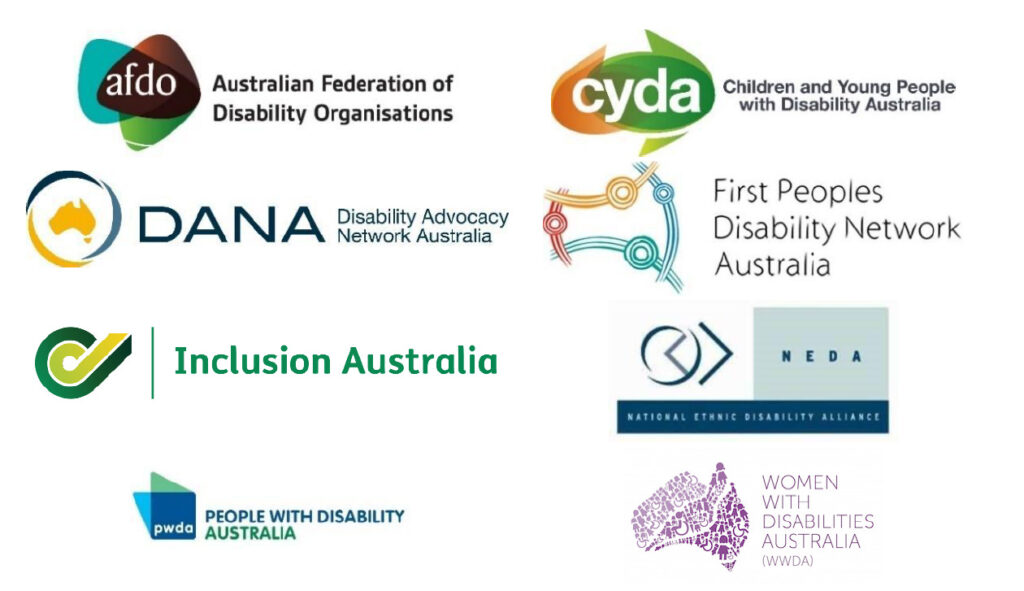
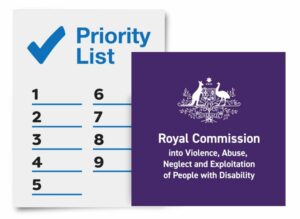 The Australian Government shared the
The Australian Government shared the 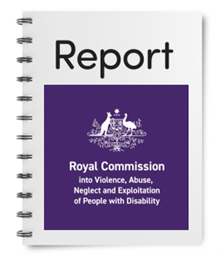

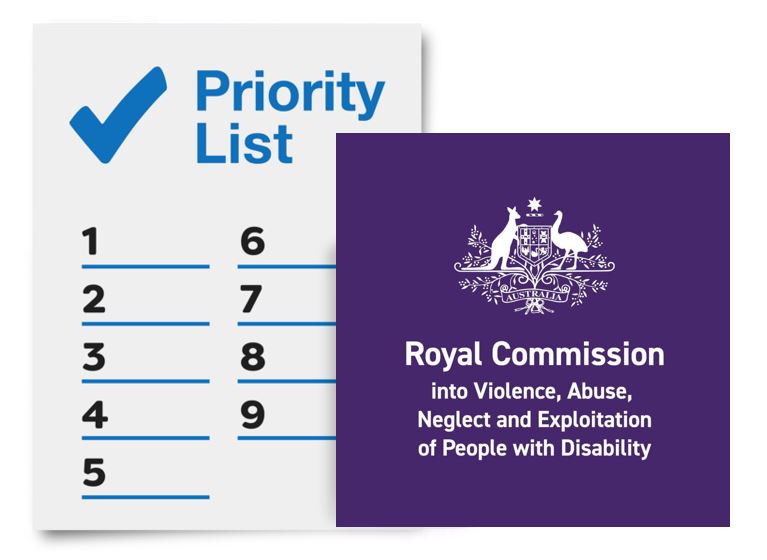
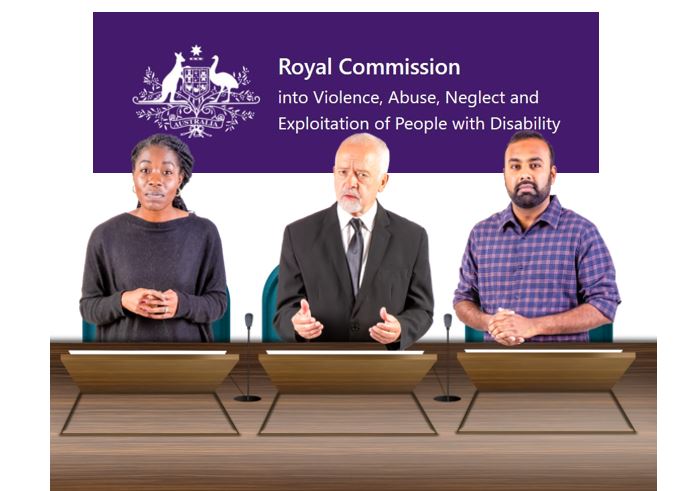
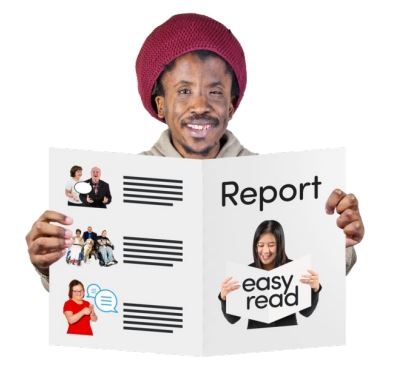






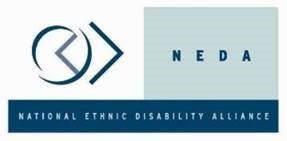
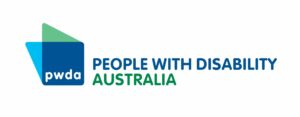
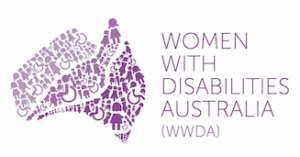
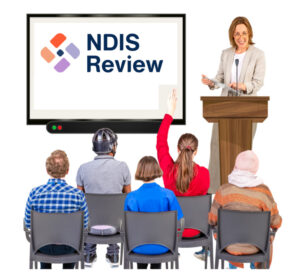
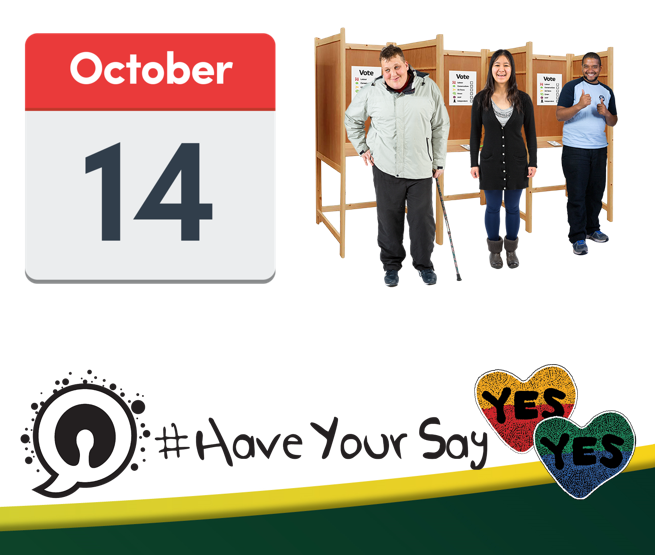
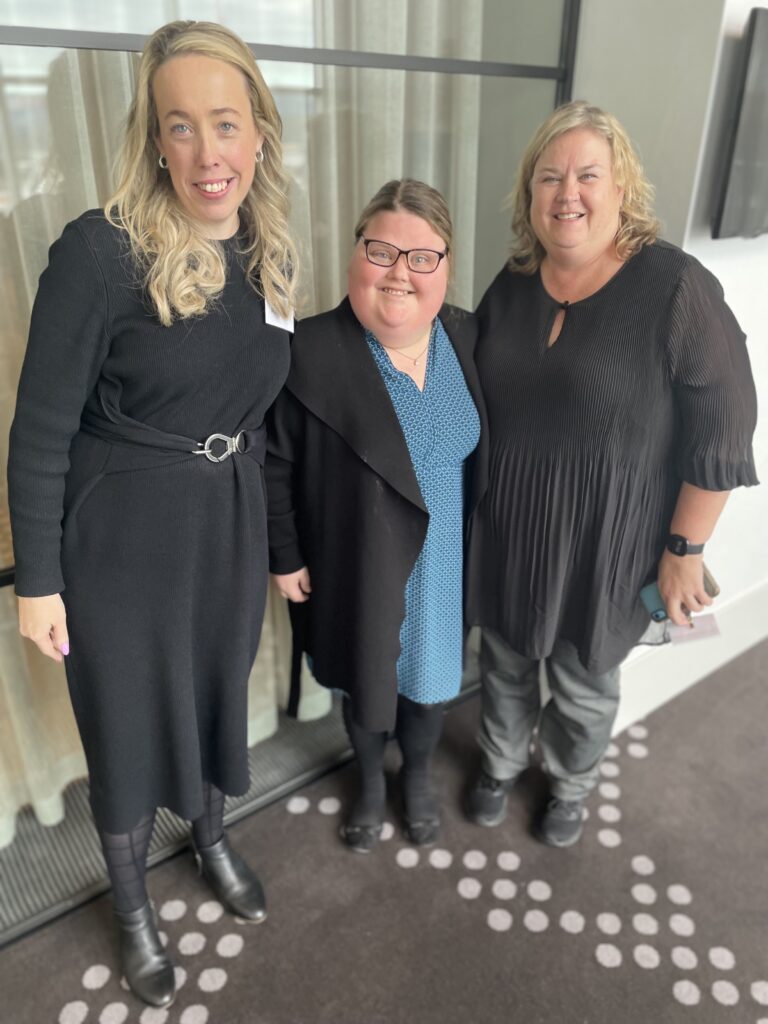
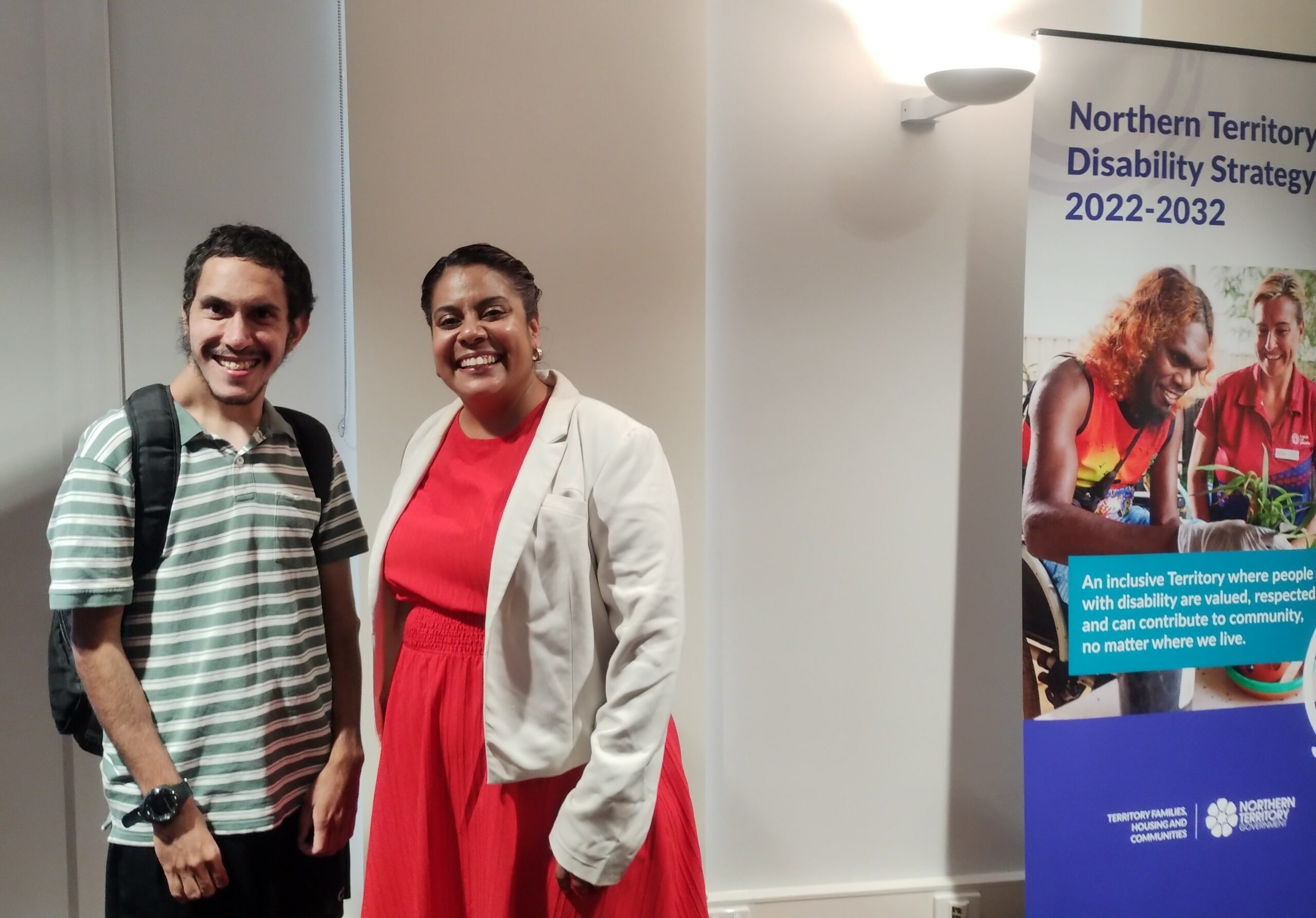
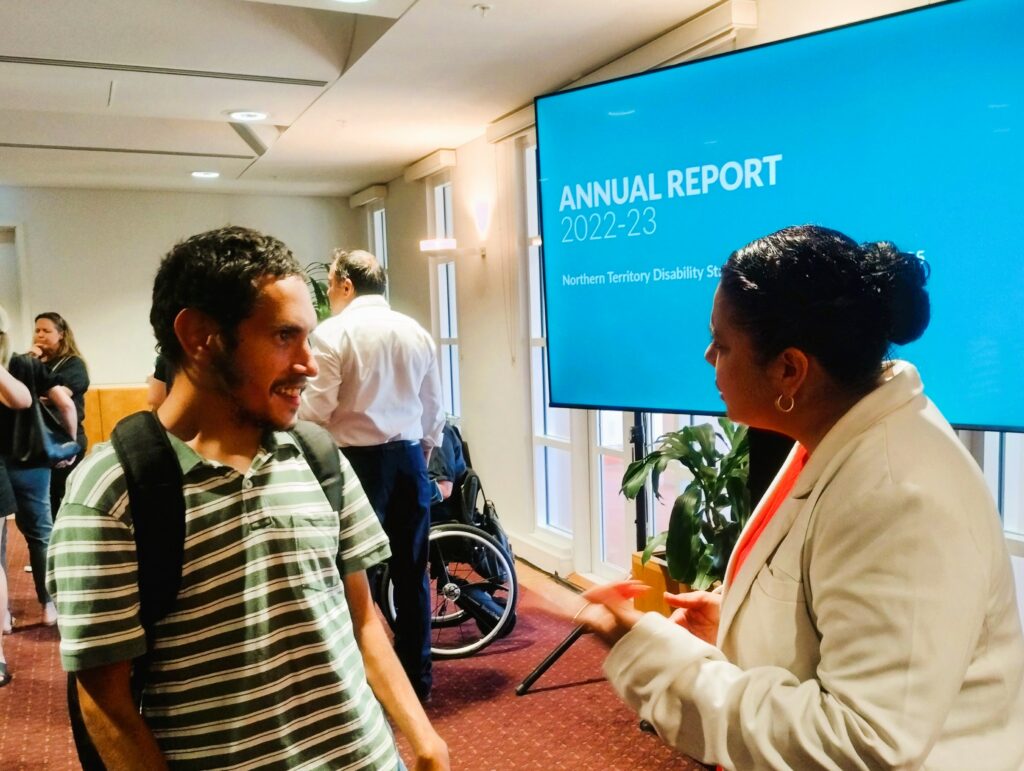
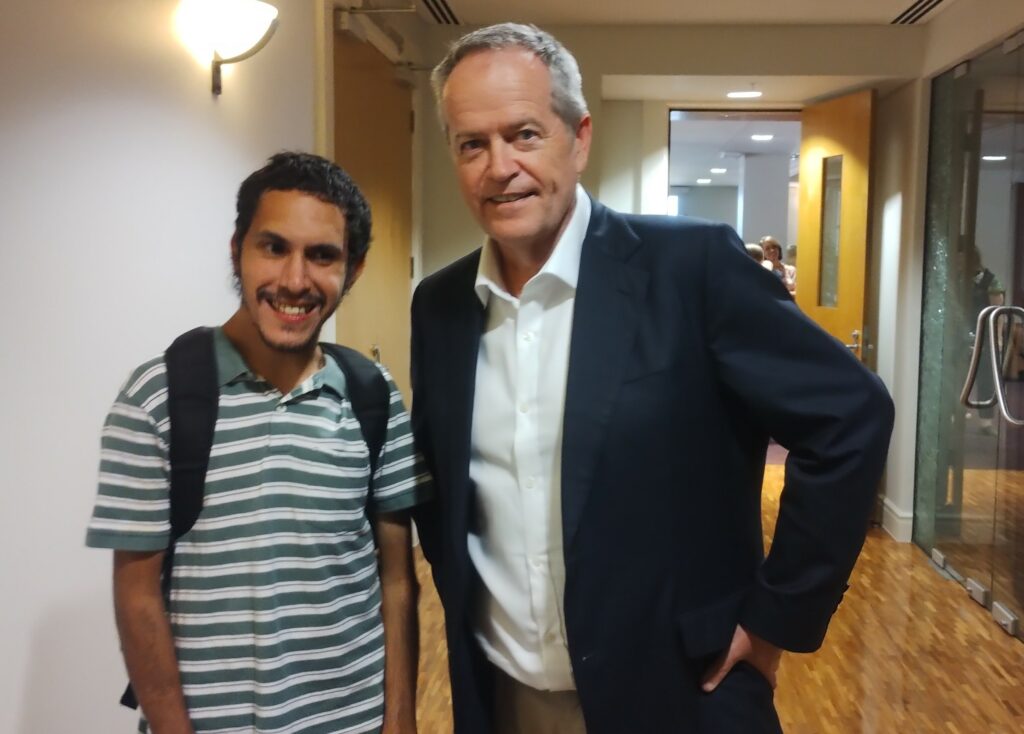
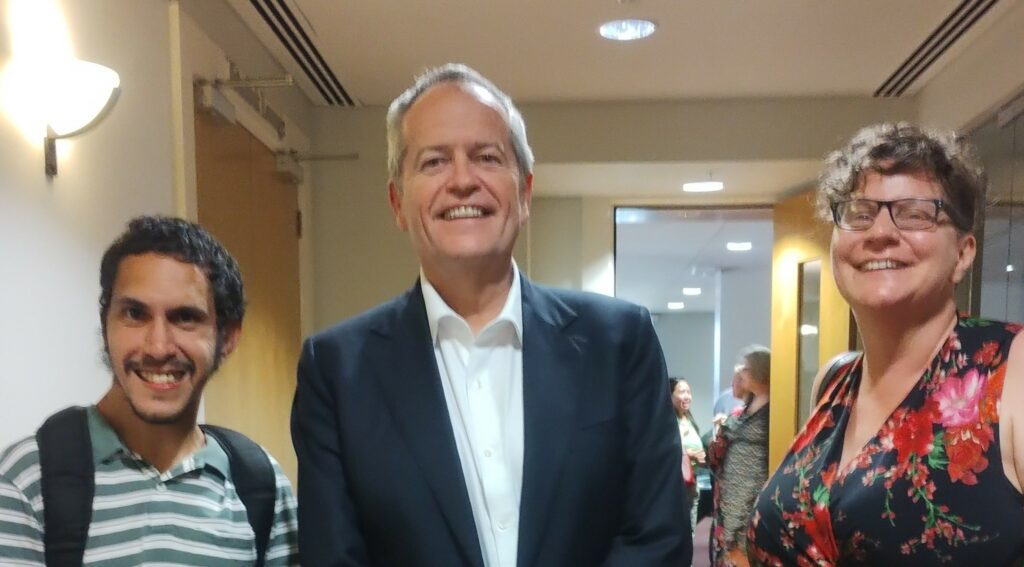
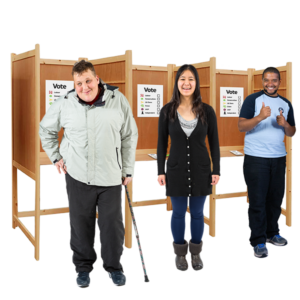 As Australians we all have a right to have a say about how the country is run and who by.
As Australians we all have a right to have a say about how the country is run and who by.